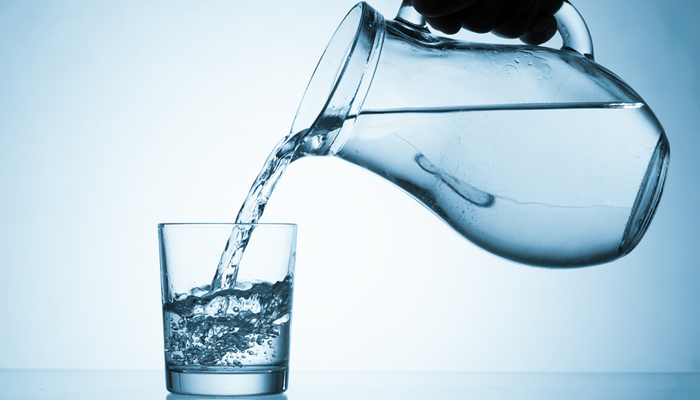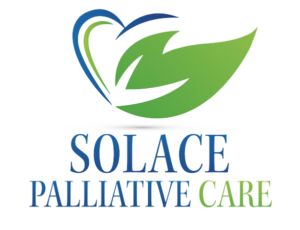
If a person doesn’t drink much water, is it a big deal? In a word, yes!
Our bodies are 50%-60% water. The brain is more than 66% water. But we lose 2-3 quarts of fluid daily through normal body processes.
We need to replace that by drinking at least 6-8 glasses of water or nonsugar, noncaffeine, nonalcoholic beverages each day. That’s one glass every 2-3 hours. When the weather is hot, we need even more.
Between 20% and 40% of seniors regularly do not get enough water. The result is dehydration, which can have a variety of effects. The most common problems include:
- constipation
- confusion
- dizziness and falls
- bladder infections
- pressure ulcers, also known as bed sores
How do you know if your loved one is dehydrated?
Thirst may be a sign, but it’s unreliable. Many older adults lose the sensation of thirst. A dry or sticky mouth or headaches can signal dehydration. Muscle weakness, sleepiness, and tiredness are also signs. Dark urine is a sure sign.
The solution for dehydration is simple: Have your relative drink more water! But remember, he or she may have no thirst. Here are friendly ways to support more fluid intake:
- Start slow. If your loved one drinks three glasses a day, shoot for four until that becomes a habit. Then you can increase by another glass.
- Understand the barriers. Often people are afraid to drink more because they’ll have to urinate more, and at inconvenient times.
- Keep a pitcher of water out and handy all day.
- If you are visiting, pour a glass of water regularly. Don’t ask, just pour one for yourself and hand one to your loved one.
- Make water drinks appealing. Add a bit of lemon, or cucumber, or mint.
- Try a sugar-free beverage if more flavor is needed.

